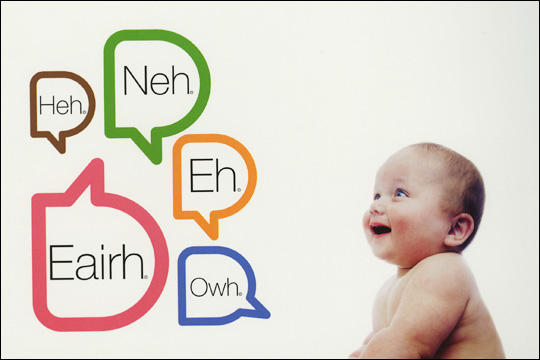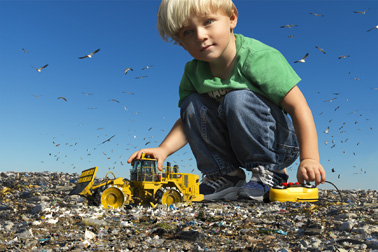Helene and Steven had raised the need to include finance in the narrative of “the commons” and Myra had said about my reply “Jessie, This is your clearest writing by far on the new financial commons. ” … so I hope it’s of use here. (The discussion was part of a follow-up to a CAUN Commons Action for the UN conference call with Barrett Brown, on the different kinds of “thought leaders” he had identified setting the course for the sustainabilty movement, using social science methods, reflected in his Fall 2012 article in Kosmos. fyi)
____________

I. On Feb 4 2013 Jessie responded
Helene & Steven,
Great to have someone bring up the need to work on having a new financial commons. We need to map out how to transform finance, so that it acts to care for the earth as its main objective rather than to squeeze it dry as fast as it can, as at present. So we’d need to understand things that people already do that contributes to steering finance in one direction or the other, kind of unusual territory for social organizers…
So what we need to do is get our social language to somehow recognize nature’s process language.
Continue reading connecting social language to nature’s process language

